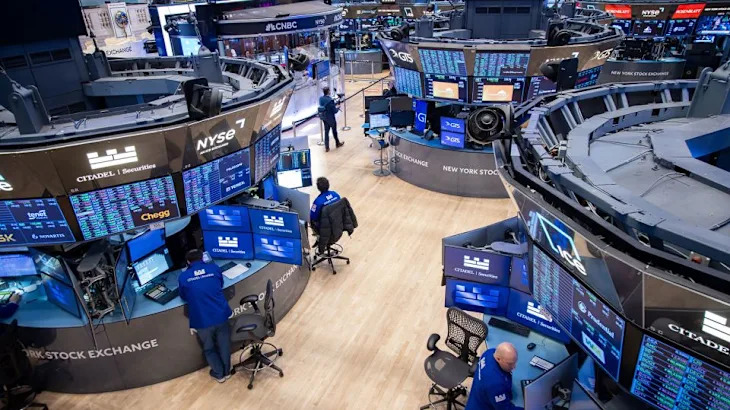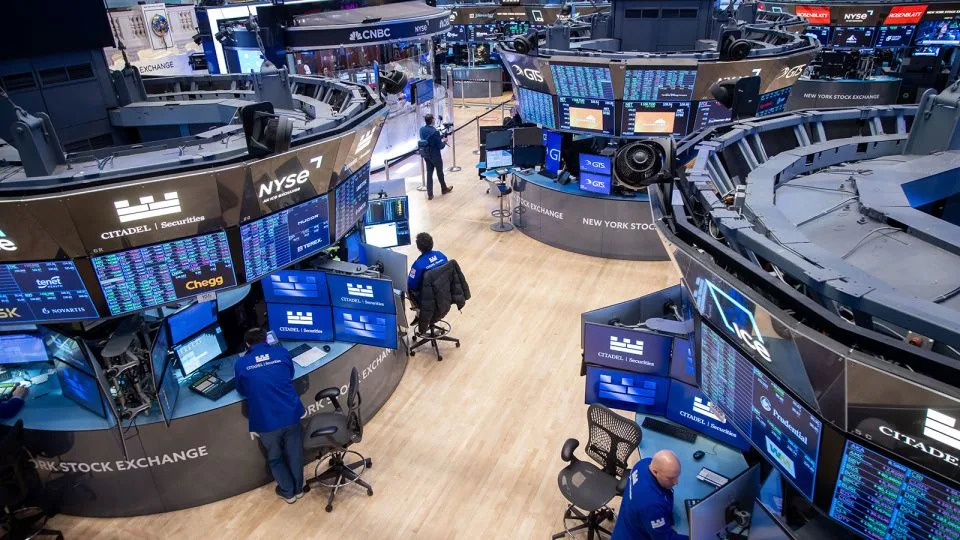
How to protect your money when markets get rocky

Americans are nervous about their investment portfolios, and it’s easy to see why, given escalating trade tensions and gloomy economic forecasts.
The probability of a US recession within the next 12 months has jumped to 45% from 25% last month — the highest since December 2023, a recent Reuters poll found . President Donald Trump’s sweeping tariffs, which have sparked a global trade war, have prompted worries about inflation, slower growth and layoffs.
Welcome to a “risk-off” environment, a time when investors pull money from volatile assets like stocks and search for safer ground.
“Uncertainty couldn’t be any higher right now,” said Douglas Boneparth, a certified financial planner and founder of wealth management firm Bone Fide Wealth. “Imagine being the CFO of a Fortune 100 company trying to plan for the year, let alone multiple years.”
But he said investors who aren’t CFOs of multinational corporations don’t need a finance degree to protect their money. They just need a plan.
Plan, don’t panic
When markets get choppy, it’s tempting to hit the panic button. But financial experts say the smartest move you can make is pause — and plan.
“Short-term volatility is part of the game,” Boneparth said. “The worst thing you can do is sell at the bottom or make an emotional decision that sets you back for years.”
In other words: Pulling your money out during a downturn can lock in losses, and you may miss the market’s biggest recovery days, which often drive long-term gains.
Catherine Valega, a certified financial planner with Green Bee Advisory in Boston, agrees with taking a moment to think things through. She suggests that investors work with financial advisors who can help with their long-term plans.
“I like to say we set the guardrails, like a GPS for their financial life,” she said.
She also recommends continuing to invest, especially for people who work and have 401(k)s. For those without a 401(k), you can set up automated investments, Valega said.
What’s ‘safe’ depends on the investor
In shaky markets, many investors turn to cash equivalents — think high-yield savings accounts, US Treasury bills, money market funds or CDs. These are typically insured or backed by the government, offering peace of mind.
“Cash gives you flexibility and control,” Boneparth said. “But going all to cash out of fear? That’s often the worst move.”
Fixed-income investments like bonds are another option, though Boneparth cautions that some have significant risk. Even the S&P 500, which is often seen as a solid long-term investment, comes with risk.